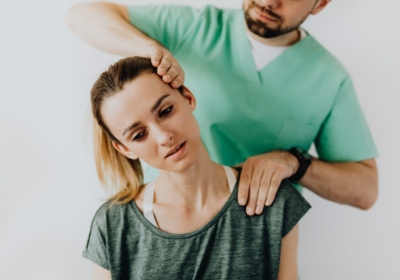No one would argue that sleep keeps our brain healthy and this is a commonly known fact. Recent studies show that people with good sleep are less susceptible to various brain disorders, including Alzheimer’s disease. Researchers recently discovered a type of sewage system that regularly flushes unwanted debris, such as old protein, from the brain. The rate of clearance may double during sleep and anesthesia. This could mean that poor sleep patterns could cause more debris to accumulate. It has been suspected that toxic, unwanted proteins are the trigger of Alzheimer’s disease. In essence, people need sleep to clean up their brain.
The discovery of this process may give us an insight into one big mystery about the brain. Scientists still can’t determine how brain can effectively get rid of toxic material and other waste without the involvement of the lymphatic system. Lymph fluids effectively carry away waste from many parts of the body, but not the brain. However, the brain consumes approximately 20 percent of oxygen inside our blood and the metabolism process produces significant amount of waste. So it’s necessary to find out how our brain could dispose unwanted junk.
Researchers from the University of Rochester Medical Center used dye to detect the flow of cerebral spinal fluid in mice. They discovered that when the mice were under anesthesia or asleep, the rate of flow is about twice faster, presumably getting rid any waste much faster. Researchers call this the “glymphatic system” and it could remove fragments of toxic proteins, including the beta-amyloid, commonly blamed as the cause of Alzheimer’s disease. The possible relationship between Alzheimer’s disease and the brain flushing activity has also been supported by other studies. JAMA Neurology published a research that may establish a link between symptoms of Alzheimer’s disease and poor sleep. Researchers have guessed that continuous sleep disturbances trigger a cascade inside our brain and there’s also a possibility that brain pathologies can cause declines in sleep quality.
Experts advise that if we snore or are affected by specific sleep apnea symptoms, it’s necessary to a doctor. A test in a sleep lab could be necessary. If it’s determined that we stop breathing frequently during sleep, the doctor may prescribes a C-PAP mask to help us breathe more normally as we sleep. In essence, sleep specialists can help improve our “sleep hygiene; if we have troubles falling asleep or if we wake much too soon, just moments after falling asleep.






Recent Comments